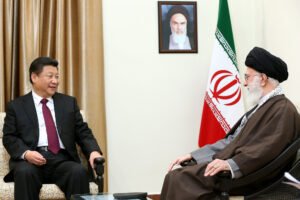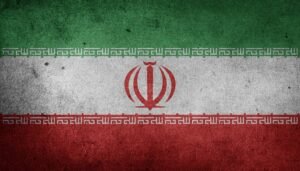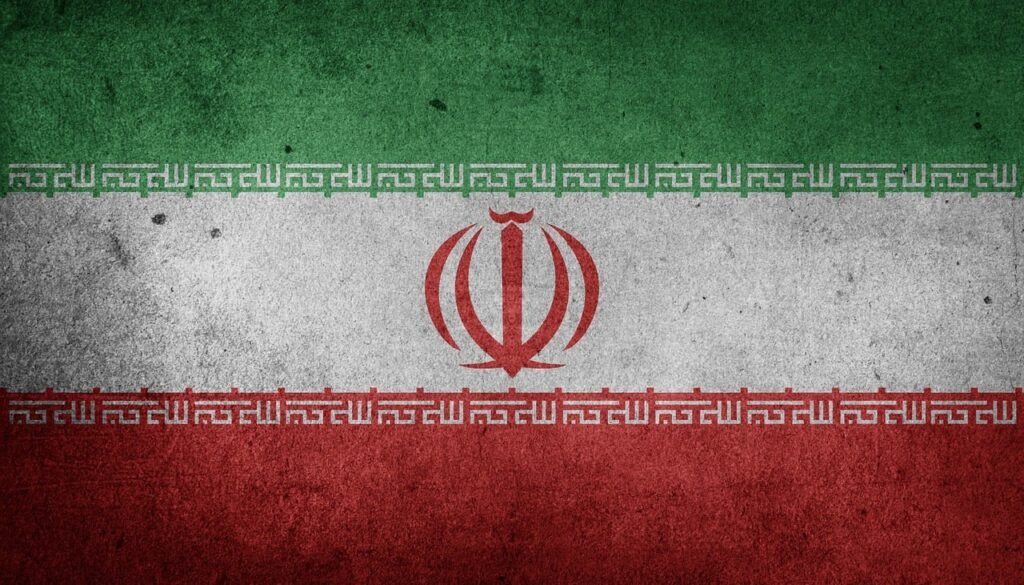Iran has rejected calls from France, Germany, and the United Kingdom to retract its threats against Israel following the assassination of Hamas political leader Ismail Haniyeh in Tehran last month.
Nasser Kanaani, spokesperson for Iran’s Ministry of Foreign Affairs, criticized the request on Tuesday, labeling it as “lacking political logic and contradicting international law.” He argued that the demand “constitutes overt and practical support” for Israel. Kanaani accused the European countries of failing to condemn Israel’s actions, accusing them of “audaciously asking Iran not to respond to a violation of its sovereignty and territorial integrity.”
Kanaani reiterated Iran’s commitment to deterring Israel and urged the three countries to “take a stand against the war in Gaza and Israel’s aggression.”
Hamas has attributed Haniyeh’s July 31 assassination, which occurred while he was attending the inauguration of Iranian President Masoud Pezeshkian, to Israel. The Israeli government has not acknowledged responsibility for the attack.
The assassination, which also resulted in the death of Haniyeh’s bodyguard, followed the killing of Hezbollah senior commander Fuad Shukr in an Israeli strike in Beirut, further escalating tensions in the region as Israel’s ongoing war in Gaza has claimed nearly 40,000 lives. On Monday, French President Emmanuel Macron, German Chancellor Olaf Scholz, and British Prime Minister Keir Starmer issued a joint statement urging de-escalation.
“We urge Iran and its allies to refrain from actions that would further escalate regional tensions and jeopardize the potential for a ceasefire [in Gaza] and the release of [Israeli] hostages,” the statement read.
Scholz and Starmer also had separate phone conversations with Pezeshkian on Monday, according to their respective governments.
Starmer urged Pezeshkian to avoid attacking Israel, emphasizing that war benefits no one, according to a statement from the prime minister’s office.
Scholz called on Pezeshkian “to do everything possible to prevent further military escalation,” expressed “grave concern over the risk of a regional conflagration in the Middle East,” and stressed that “the cycle of violence in the Middle East must be halted immediately,” his spokesperson said in a statement.
Kanaani also blamed the United Nations Security Council’s inaction and the extensive political and military support of Western governments for Israel as the primary factors behind the regional escalation of the Gaza crisis.

Read Blogs on Iran
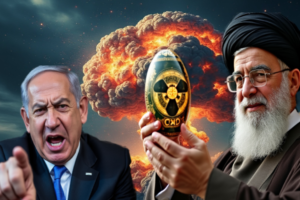
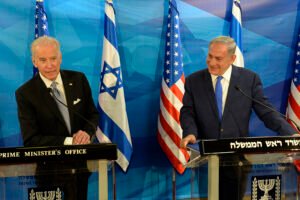
JOE BIDEN SAYS IRAN IS UNLIKELY TO STRIKE ISRAEL IF A CEASEFIRE IS REACHED WITH HAMAS
